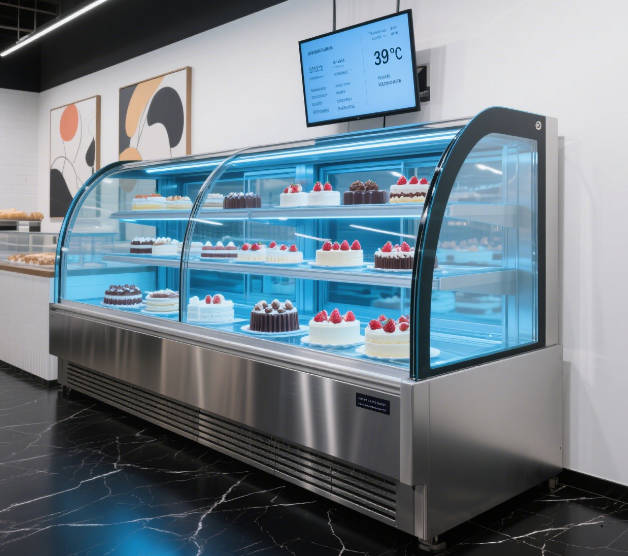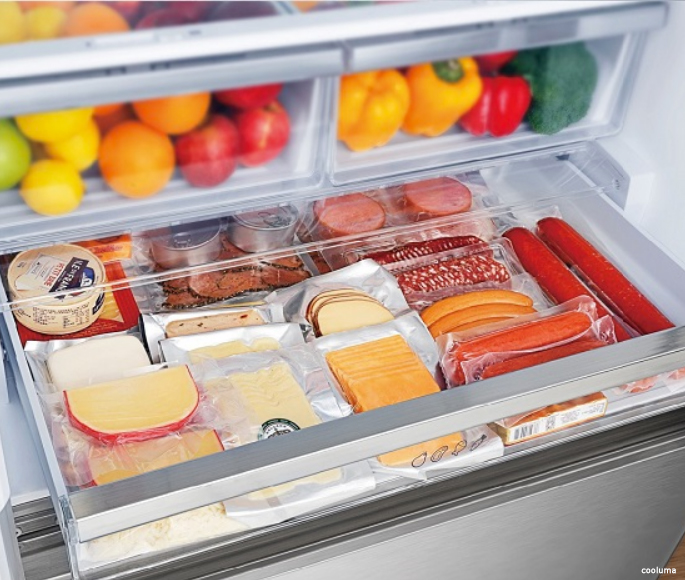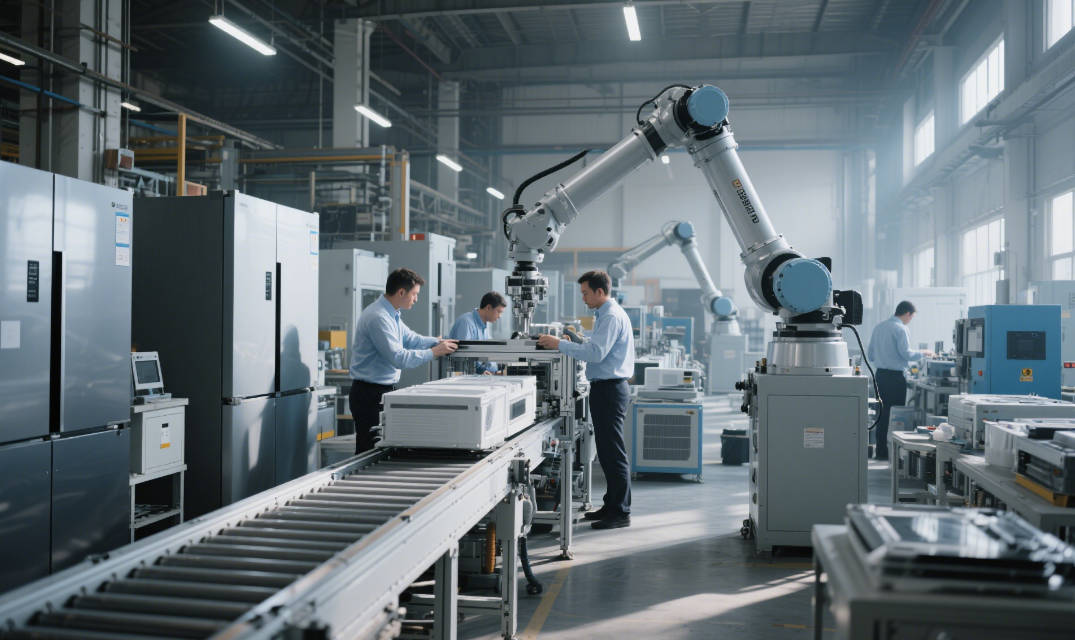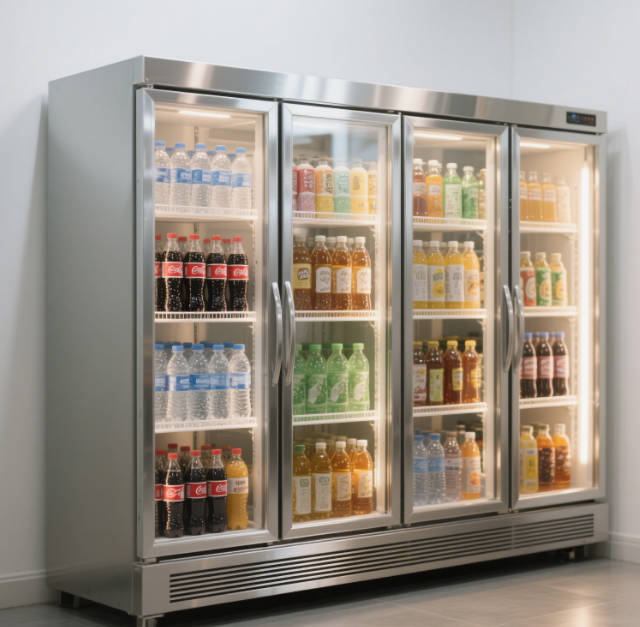
When it comes to preserving the freshness and quality of baked goods, the temperature range of a bakery display case refrigerated is paramount. These cases are not just for showcasing the delectable pastries but also for maintaining the right conditions to prevent spoilage and ensure food safety. Let's delve into the specifics of what these temperature ranges are and why they are crucial for your bakery.
Bakery display cases are designed to keep baked goods fresh and appealing to customers. The refrigerated versions of these cases are specifically engineered to maintain a consistent temperature that slows down the growth of bacteria and mold, thereby extending the shelf life of the products. The ideal temperature range for a bakery display case refrigerated is typically between 34°F to 38°F (1°C to 3°C). This range is considered optimal for most baked goods as it balances the need for preservation without freezing the products, which could alter their texture and taste.
Understanding the Importance of Temperature Range
The temperature range is not just a number on a thermostat; it's a critical factor in maintaining food safety. Bacteria, including the ones that cause foodborne illnesses, thrive in the temperature danger zone, which is between 40°F and 140°F (4°C to 60°C). By keeping the bakery display case refrigerated within the 34°F to 38°F range, you significantly reduce the risk of bacterial growth, ensuring that the products remain safe for consumption.
Why 34°F to 38°F is the Optimal Range
The lower end of the range, 34°F (1°C), is the minimum temperature recommended to prevent the growth of Listeria monocytogenes, a type of bacteria that can cause severe illness, especially in vulnerable populations such as the elderly, pregnant women, and those with weakened immune systems. The upper end, 38°F (3°C), is chosen to ensure that the baked goods do not freeze, which would lead to a change in texture and could potentially affect the overall quality of the product.
Impact on Product Quality and Safety
Maintaining the correct temperature range is not only about preventing spoilage; it's also about preserving the quality of the baked goods. Too warm, and the products can become a breeding ground for bacteria, leading to a shorter shelf life and potential health risks. Too cold, and you risk freezing the products, which can result in a loss of moisture, an undesirable texture, and a compromised taste.
Regulatory Compliance and Best Practices
Food safety regulations vary by region, but most health departments require that food businesses maintain a consistent temperature within their refrigeration units. For bakery display cases, this means regularly monitoring the temperature to ensure compliance with these regulations. Investing in a reliable thermometer and regularly checking the temperature can help you maintain the optimal range and avoid potential fines or health risks associated with non-compliance.
Energy Efficiency and Cost Savings
Another benefit of maintaining the correct temperature range is the potential for energy efficiency and cost savings. Refrigerated bakery display cases that are well-insulated and maintain a consistent temperature can consume less energy, leading to lower electricity bills. This not only benefits your bottom line but also contributes to environmental sustainability by reducing energy consumption.
Investing in the Right Equipment
When selecting a bakery display case refrigerated, it's essential to consider the equipment's ability to maintain the ideal temperature range. Look for models that have precise temperature controls, good insulation, and energy-efficient compressors. These features will help ensure that your baked goods remain fresh and safe while also reducing your operational costs.
The temperature range for a bakery display case refrigerated is a critical aspect of food safety and quality preservation. By understanding and maintaining the optimal range of 34°F to 38°F, bakery owners can protect their customers' health, extend the shelf life of their products, and comply with regulatory standards. Investing in the right equipment and practicing proper temperature management can lead to a more successful and sustainable bakery business.






This batch of products seems to be of good quality.